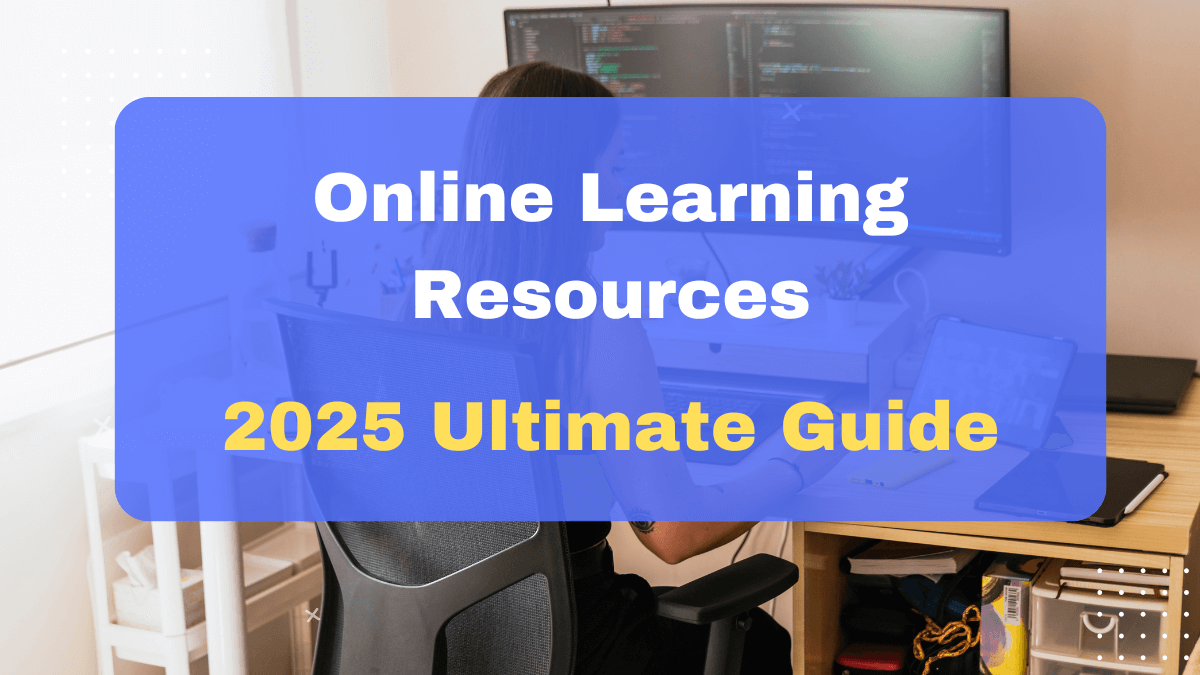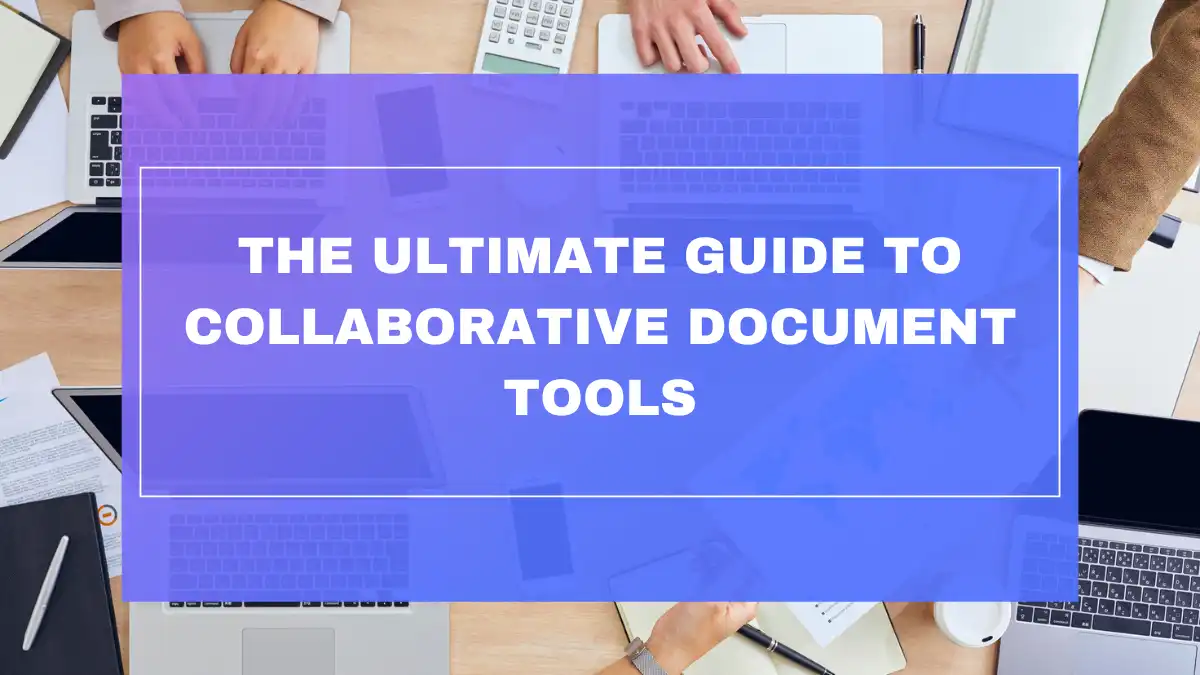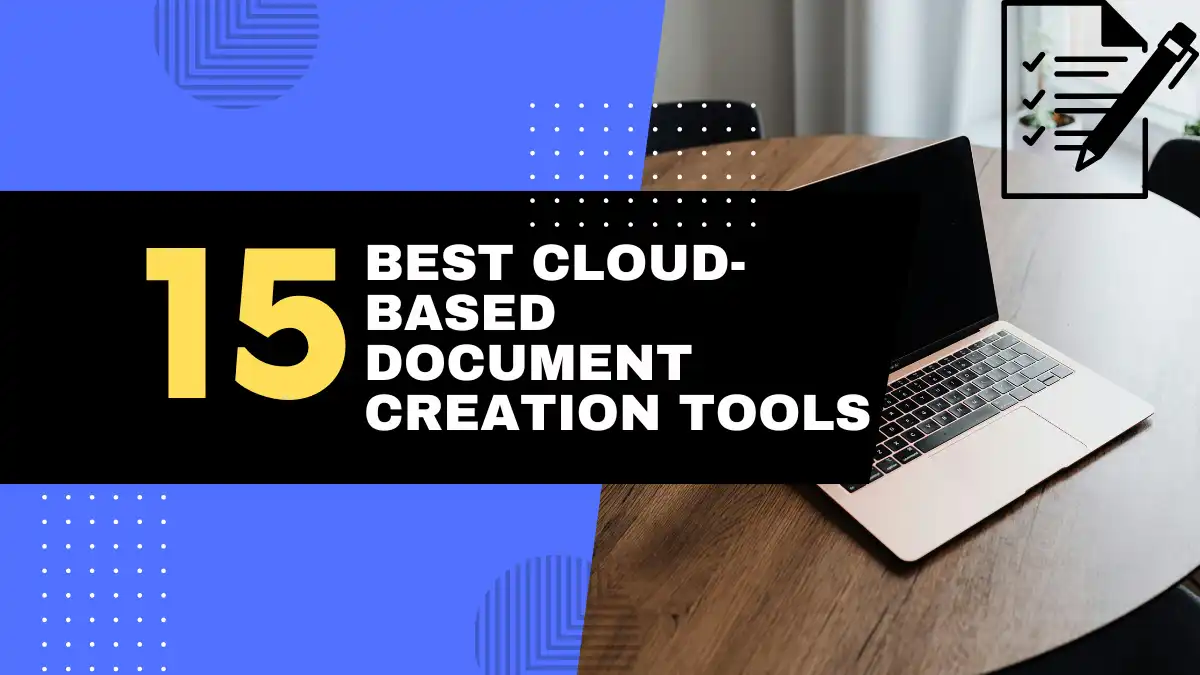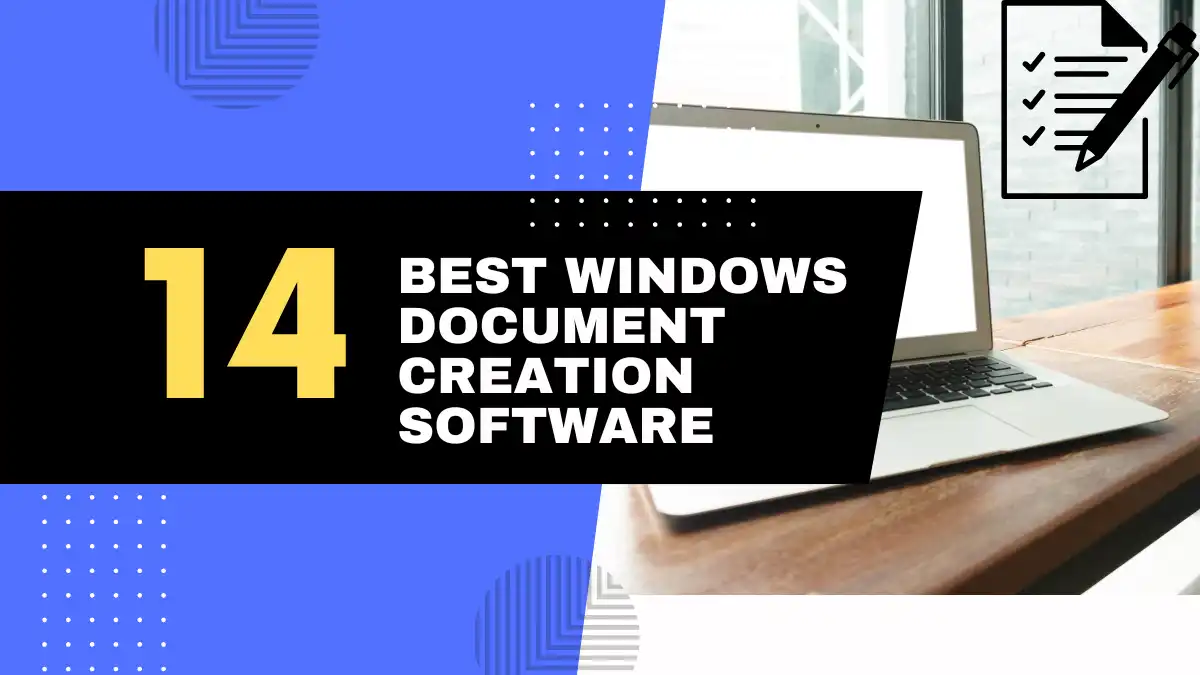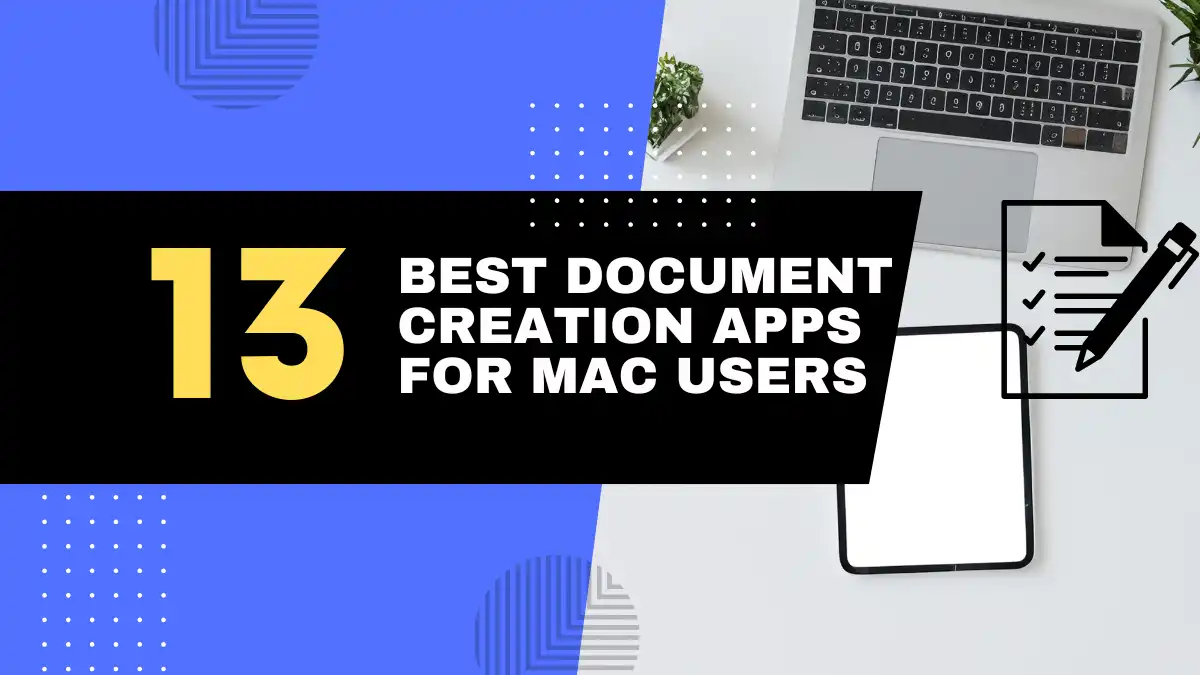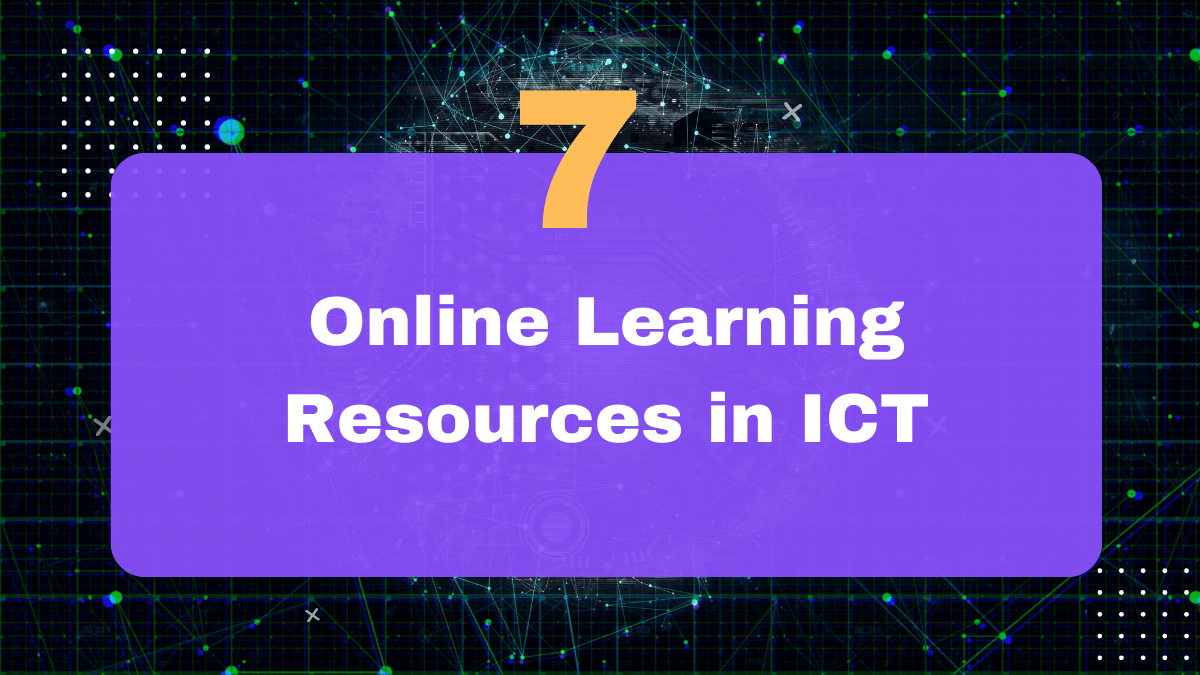
In today’s digital age, understanding Information and Communication Technology (ICT) has become essential for personal and professional success. This comprehensive guide explores the vast landscape of online learning resources in ICT, helping you navigate the path to digital literacy and technological proficiency.
What are Online Learning Resources in ICT?
Information and Communication Technology (ICT) refers to all digital technologies that help us create, access, store, transmit, and manipulate information. This includes computers, the internet, smartphones, and various software applications that we use daily.
Online learning resources in ICT are digital tools, platforms, and materials specifically designed to help people learn about and master technology. These resources range from structured online courses to interactive tutorials and practice platforms.
The importance of ICT literacy cannot be overstated in our current digital era:
- 75% of jobs now require digital skills (World Economic Forum, 2023)
- Digital literacy is considered a fundamental skill alongside reading and writing
- Remote work has increased by 140% since 2005, making ICT skills crucial
Learn more about ICT literacy statistics at UNESCO’s ICT in Education page
Benefits of Online Learning Resources in ICT
Accessibility and Convenience
- Learn from anywhere with internet access
- 24/7 availability of resources
- No geographical limitations
- Compatible with various devices (computers, tablets, smartphones)
Flexibility and Self-Paced Learning
- Study at your own pace
- Choose convenient learning times
- Revisit materials as needed
- Customize learning paths based on individual needs
Wide Variety of Resources and Topics
- Programming and coding
- Digital marketing
- Cybersecurity
- Data analysis
- Cloud computing
- Artificial Intelligence
Cost-Effectiveness
Traditional ICT courses can be expensive, but online resources often offer:
- Free or low-cost alternatives
- No travel expenses
- Reduced material costs
- Access to multiple resources for one subscription
Enhanced Learning Experience with Multimedia
Modern online ICT resources incorporate:
- Interactive simulations
- Video tutorials
- Hands-on exercises
- Real-time feedback
- Virtual labs
Types of Online Learning Resources in ICT
Curated Collections & Libraries
MERLOT (Multimedia Educational Resource for Learning and Online Teaching)
- Over 40,000 ICT-related materials
- Peer-reviewed content
- Free access to educational resources
- Community contributions and ratings
Other Notable Digital Libraries:
- MIT OpenCourseWare
- Khan Academy
- edX
- Coursera
Specific ICT Literacy Topics
ICT Literacy Basics for Beginners
- Computer fundamentals
- Internet basics
- Digital safety
- Basic software usage
Multimedia ICT Literacy Resources
- Video tutorials
- Interactive demos
- Animated explanations
- Practice exercises
Check out GCF Global’s free ICT tutorials
ICT Tools for Teaching and Learning
Hardware Tools
- Interactive whiteboards
- Document cameras
- Response systems
- Mobile devices
Software Tools
- Learning Management Systems (LMS)
- Educational apps
- Assessment tools
- Content creation software
Top ICT Tools for Online Learning
Learning Management Systems (LMS)
Popular Platforms:
- Google Classroom
- Free for educational institutions
- Seamless integration with Google Workspace
- Easy assignment management
- Built-in video conferencing
- Blackboard
- Comprehensive course management
- Advanced assessment tools
- Rich multimedia support
- Analytics and reporting
Learn more about Google Classroom features
Interactive Teaching Platforms
Kahoot!
- Game-based learning
- Real-time quizzes
- Student engagement tracking
- Custom content creation
Microsoft Teams
- Collaborative workspaces
- Video conferencing
- File sharing
- Integration with Office 365
How to Choose the Right Online Learning Resources in ICT
Consider these factors when selecting ICT learning resources:
1. Learning Goals
- Define specific skills you want to acquire
- Identify required certification or credentials
- Consider career objectives
- Set realistic timeframes
2. Resource Quality
- Check for updated content
- Look for expert authors
- Read user reviews
- Verify accreditation
3. Learning Style Compatibility
- Visual learners: Video tutorials, infographics
- Hands-on learners: Interactive exercises
- Reading learners: Text-based resources
- Social learners: Community features
Future of Online Learning in ICT
The landscape of ICT education is rapidly evolving with these emerging trends:
Artificial Intelligence in Learning
- Personalized learning paths
- Adaptive assessments
- Automated feedback
- Intelligent tutoring systems
Virtual and Augmented Reality
- Immersive learning experiences
- Virtual labs and workshops
- 3D modeling and simulation
- Remote collaboration
Explore the future of EdTech at EdSurge
Frequently Asked Questions
What are ICT learning resources examples?
ICT learning resources include online courses, tutorials, educational software, digital textbooks, video lectures, interactive simulations, and practice platforms.
What is online learning in ICT?
Online learning in ICT refers to the process of acquiring technology-related knowledge and skills through digital platforms and internet-based resources.
What are the ICT tools used in teaching and learning?
Common ICT tools include Learning Management Systems, video conferencing software, educational apps, interactive whiteboards, and digital assessment tools.
Conclusion
Online learning resources in ICT have revolutionized how we acquire digital skills and knowledge. With the right resources and approach, anyone can develop the ICT competencies needed for success in today’s digital world.
Key takeaways:
- Choose resources that match your learning style and goals
- Take advantage of free and low-cost options
- Stay updated with emerging technologies
- Practice regularly with hands-on exercises
The future of ICT learning is bright, with continuous innovations making education more accessible, engaging, and effective than ever before.

